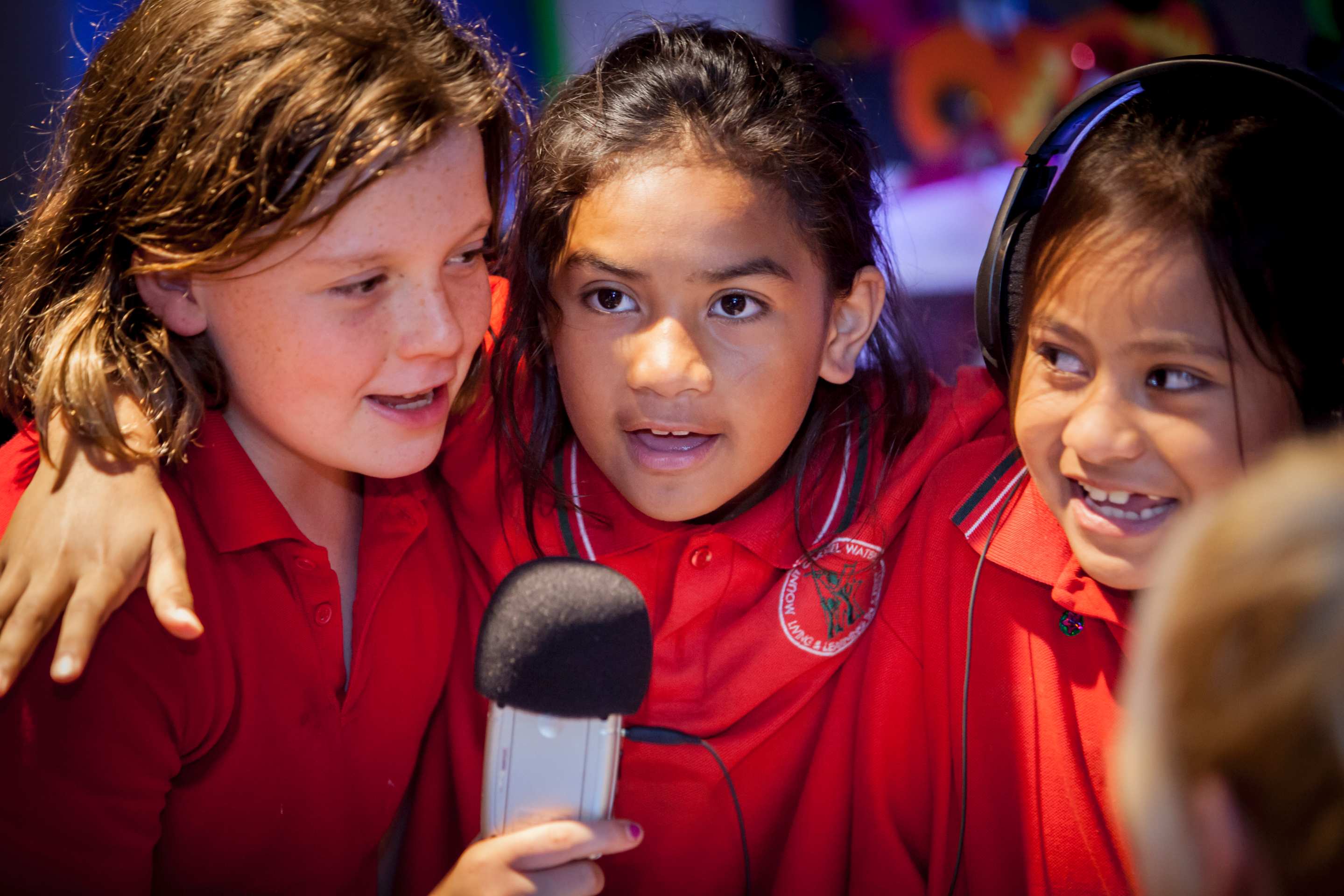Story Factory tells a strong tale
Set up with assistance from University of Sydney academic Professor Robyn Ewing, the Sydney Story Factory has helped thousands of school students to improve their writing skills and cultivate their creativity.

Based in Redfern, Sydney Story Factory is a not-for-profit organisation that aims to nurture the creativity, confidence and wellbeing of young people aged seven to 17 through creative writing and storytelling workshops.
While designed particularly for Aboriginal and Torres Strait Islander students and children from non-English speaking backgrounds, the workshops are open to all, with each student receiving one-on-one assistance from volunteer tutors. Workshops are designed to foster creative thinking and engagement in learning in a fun environment.
Since it was established in 2011, the Story Factory has accepted more than 8000 enrolments, 22 percent of whom are Aboriginal or Torres Strait Islander students, while 43 percent come from language backgrounds other than English. Most are from lower socioeconomic backgrounds.
By the middle of 2016, the Story Factory had built a community of more than 600 volunteers who work with the students one-on-one or in small groups, and Executive Officer and Co-Founder Dr Cath Keenan, an honorary associate in the University's Faculty of Education and Social Work, was recognised with a 2016 Australian of the Year Local Hero Award (NSW).
But it doesn’t end there. The Story Factory has delivered thousands of hours of creative writing workshops and personalised tuition at both its ‘Martian Embassy’ base in Redfern and in a range of schools across Sydney. There are professional development sessions for teachers, and the initiative has become an integral part of the local community with a reputation for educational excellence.
“Strong creative thinking and learning skills are critical to students' social and emotional well-being, academic achievement and lifelong learning,” says Professor Robyn Ewing AM, former vice-president of the Story Factory. “Education is possibly the most critical factor in alleviating disadvantage, and the Story Factory strives to change the lives of young people, especially those from marginalised backgrounds, through creative writing and storytelling.”
A formal impact evaluation commenced in early 2014 by Associate Professor Jackie Manuel and David Smith from the Faculty of Education and Social Work, coordinated by Professor Ewing. Focusing on case study methodology, the preliminary findings of the longitudinal evaluation suggest that some students have demonstrated substantial development in their creative writing and literacy skills, as well as improved problem solving, persistence, collaboration and discipline – all important indicators of creativity.
Related articles
Creation of a leading centre for visual art and design
The University of New South Wales, the University of Sydney and the National Art School have been exploring opportunities since last year for a closer association between the three institutions, with the aim of strengthening the delivery of visual art and design education in NSW.